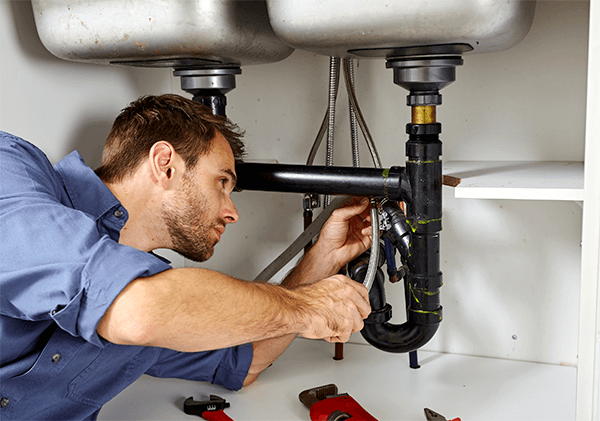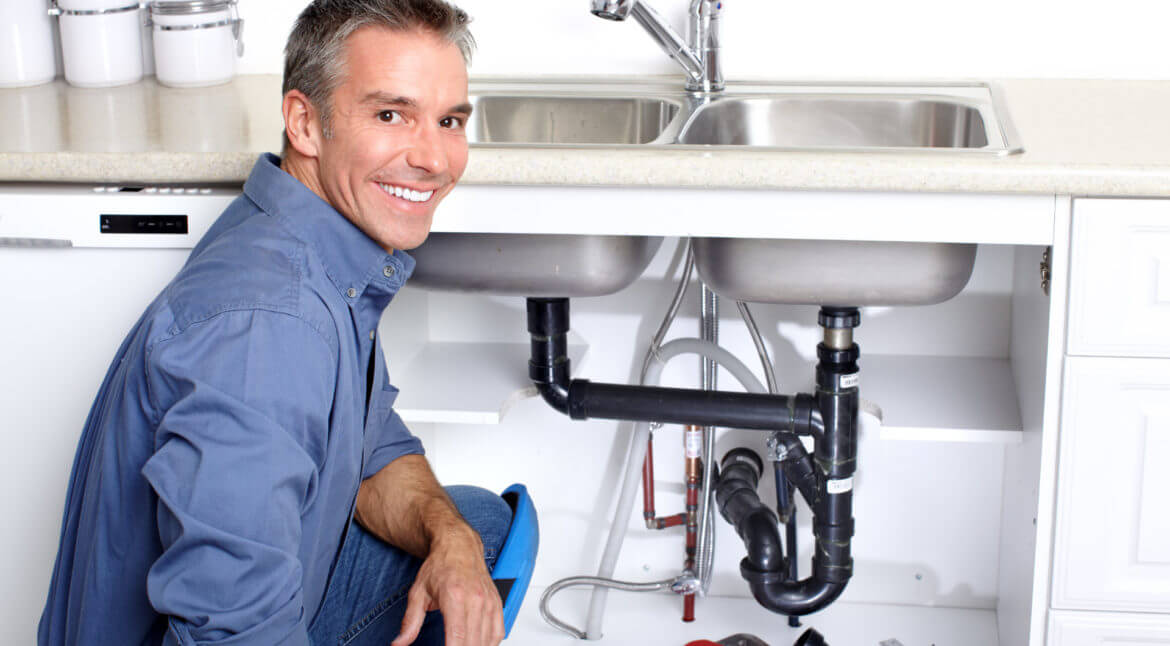The content directly below relating to What to Do While Waiting for an Emergency Plumber is pretty much captivating. Give it a go and draw your own personal results.

Pipes emergencies can strike at any time, creating stress and anxiety and possible damages to your home. Whether it's a ruptured pipeline, a stopped up drainpipe, or a leaking tap, understanding exactly how to handle the circumstance up until an expert plumbing arrives can save you from further complications. This article gives crucial emergency situation pipes ideas to assist you reduce damage and regain control throughout a pipes dilemma.
Shut off the Supply Of Water
The initial step in any pipes emergency situation is to turn off the supply of water. For localized concerns, such as a dripping faucet or toilet, switch off the shutoff near the fixture. In the case of a significant leakage or burst pipe, situate your home's primary water shut-off valve and transform it off promptly. Understanding the location of these shutoffs in advance can save valuable time throughout an emergency.
Turn off Your Water Heater
In particular emergency situations, such as a burst pipeline, it's smart to shut off your hot water heater. This stops getting too hot or damage to the device when water stops flowing. Shut off the power supply to the water heater (electrical or gas) and let it cool to prevent potential dangers.
Temporarily Quit a Burst Pipeline
A burst pipeline can lead to substantial water damage in mins. To reduce the concern:
Call a professional plumbing technician immediately to attend to the problem permanently.
Have an Emergency Situation Plumbing Set
Prepare a standard plumbing emergency situation package to deal with small concerns properly. Your kit must consist of:
Having these tools available can make a considerable distinction in your ability to handle emergency situations.
Unclog Drains Pipes Safely.
A blocked drainpipe can be an irritating and untidy problem. Below's just how to tackle it:.
If these techniques don't work, prevent utilizing extreme force, as it may intensify the obstruction.
Handle Overflowing Toilets.
An overflowing bathroom can trigger instant mayhem. Right here's what you ought to do:.
Address Little Leaks with Short-lived Fixes.
Little leaks can swiftly become substantial issues if left unchecked. Utilize these temporary solutions until specialist help gets here:.
While these solutions aren't long-term, they can help lessen water loss and damages.
Deal With Frozen Pipeline Meticulously.
In colder environments, icy pipelines are a common emergency. If you believe a frozen pipe:.
Know When to Call a Professional.
While quick fixes can assist briefly, particular pipes issues need instant specialist focus. Call a plumbing if:.
Without delay contacting a professional ensures the issue is dealt with properly and avoids additional problems.
Avoid Additional Damage.
Taking quick action to reduce damage can save you time and money in the long run. Below's just how:.
Final thought.
Plumbing emergency situations can be frustrating, however with the best knowledge and devices, you can take care of the circumstance efficiently until aid gets here. By shutting off the supply of water, addressing little leaks, and using short-lived repairs, you can reduce damages and maintain your home safe. Keep in mind, these tips are short-lived options; always get in touch with an accredited plumbing to handle the source of the problem. Prep work and quick reasoning are your finest allies in any pipes emergency.
8 Helpful Tips for Managing Plumbing Emergencies at Home
If your plumbing system hasn’t failed once, wait for it because almost everyone has a story to tell. Sometimes, it could be simple emergencies such as a leaking pipe, a blocked cistern, or even a big burst pipe. In situations like this, you need to have some handy tips to save you some money and from possible damages.
Take care of minor issues early.
Sometimes, you could have avoided an emergency by taking proactive measures while it was still early. Some major plumbing emergencies can be a result of an ignored minor issue. We recommend that you have items like plumbing tapes and other related items. A plumbing tape can allow you to manage minor leaks before the plumber arrives.
Cut off the water supply.
This tip is essential in almost any type of leakage problem. For problems like minor leakages in the toilet or kitchen, turn off the supply that takes water to the affected pipes. If the leakage is a major pipe, you must shut off the supply valve to the entire building. This will help you avoid flooding your home and neighbors if you share a flat.
Know your plumbing system
Folks typically move into a new apartment without understanding the water supply around the building. This can prove disastrous if a water emergency arises and the plumber is far away. The previous tip will prove useless if you don’t practice this one. More importantly, know where your water shut-off valve is located – you’ll need that knowledge to prevent potential home floods.
Have some common handy tools
There are lots of plumbing emergencies that you can handle without hiring a plumber. That’s why you must keep some tools available always. Some tools that you can use to fix simple plumbing emergencies easily include plumbing tapes, screwdrivers, thread seal tapes, plungers, pliers, tape measures, and rubber gloves.
Insulate your pipes from cold
You’ll save yourself from many plumbing expenses if you protect your water pipes from the cold. This is because of the harmful effects that cold weather can have on your pipes. During winter, your pipes can burst from being overly expected to freezing temperatures. So, make sure insulators are there to keep the pipes working correctly.
Avoid practices that will clog your toilet.
Many people indulge in practices that can damage the plumbing system of the entire building. One of these is when they use their toilet to dispose-off garbage. They flush all kinds of things, such as paper towels, bandages, hairs, female sanitary products, etc., down the toilet. This will block your toilet in the long run, incurring unnecessary expenditures. Dump such waste in the trash instead.
Check your dials regularly.
Sometimes, there could be leakages in your home without noticing them in time. So, constantly monitor your water meter dial. If the dial is reading when there is nobody using water, this is an indicator that there is leaking. Check for leaks immediately. Call a plumber as soon as possible if you can’t find any.
https://www.constructionplacements.com/8-helpful-tips-for-managing-plumbing-emergencies-at-home/

I ran across that piece on Plumbing Emergencies: Tips on What To Do Before when exploring the internet. Do you know someone else who is in the market for the subject? Please feel free to promote it. Thank-you for taking the time to read it.
Call Today